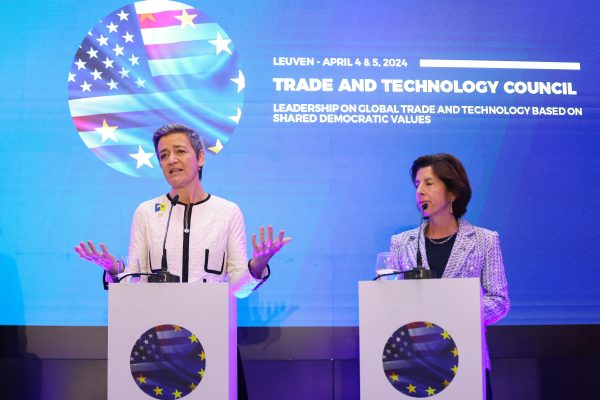You may not care about China. But China cares about you. That is the message of an extraordinary episode in the French city of Nantes this month, which exemplifies the way in which the Chinese Communist Party regards Western notions of academic and cultural freedoms as irrelevant. Any depiction or discussion of China, anywhere in the world, is a potential threat to the regime’s legitimacy — and must be controlled. The exhibition “Son of the Sky and the Steppe”, featuring Genghis Khan’s Mongol empire, has been postponed from February to 2024. The reason is the price the Chinese authorities tried to extract for providing some of the exhibits. They objected to the use of the words “Mongol” and “empire”, and even to mention of Genghis Khan himself. They wanted full control over the tone and content of the texts, maps, catalog, and publicity material. The Heritage Office in Beijing submitted a China-focused concept for the exhibition, which the museum director Bernard Guillet said made “Mongolian history and culture completely disappear”.
One lesson of this is about China’s internal sensitivities. Genghis Khan’s conquests are a humiliation that the regime would like airbrushed from history. The present matters too. A recent crackdown on the country’s hard-pressed Mongol minority will remove their right to mother-tongue education. China’s captive nations – the Tibetans and Uighurs are the best known, but there are others — face the obliteration of their culture, languages, and religion under a ruthless policy of Han Chinese ethnonational dominance disguised as communist ideology.
That is terrible for the inmates of the Chinese prison-state. But it is bad news for us too. China’s clout means that it can dictate terms to the outside world, or at least any bit of it dependent on commercial success. Hollywood, hugely dependent on the Chinese market, has not made a film critical of China since 1997. A report from Pen America says film-makers change “cast, plot, dialogue, and settings” at the behest of Chinese officials, “shaping perceptions, inculcating sensitivities, and reshaping the bounds of what can be shown, said and told.”
Gay and lesbian content, for example, was removed from films such as Bohemian Rhapsody, Star Trek: Beyond, Alien: Covenant, and Cloud Atlas, while Skyfall and Mission: Impossible III were edited to remove scenes where Chinese people were killed. In Doctor Strange, a Tibetan character became Celtic. In Top Gun: Maverick, a pilot’s jacket was edited to remove a Taiwanese flag. This affects not only blockbusters. A tangential connection with a China-critical film made outside Hollywood can blight a career.
The next targets are museums and universities, which are vulnerable because they are in most countries expected to be entrepreneurial, seeking out partners, donors, and customers including from authoritarian states such as Russia and China. The interaction between cash-hungry cultural institutions and the Chinese Communist Party’s control-freakery is fatal for academic freedom.
Attention in the past about has mainly focused on the theft of intellectual property and defense-related secrets. Now the grip is tightening on free speech, particularly since the passing of Hong Kong’s national security law, which criminalizes criticism of Chinese rule, by anyone, anywhere in the world. Any teacher or student visiting Hong Kong or China — or countries such as Thailand with a record of extraditing people at Beijing’s behest — now risk arrest on the basis of their remarks or research.
Many will be tempted to respond with self-censorship. That hands China an easy victory. But resistance — when practiced by enough people — defeats the bullies of Beijing. We do not have to remember Genghis Khan kindly. But let us remember him as we wish, not as we are told to.
Europe’s Edge is CEPA’s online journal covering critical topics on the foreign policy docket across Europe and North America. All opinions are those of the author and do not necessarily represent the position or views of the institutions they represent or the Center for European Policy Analysis.





